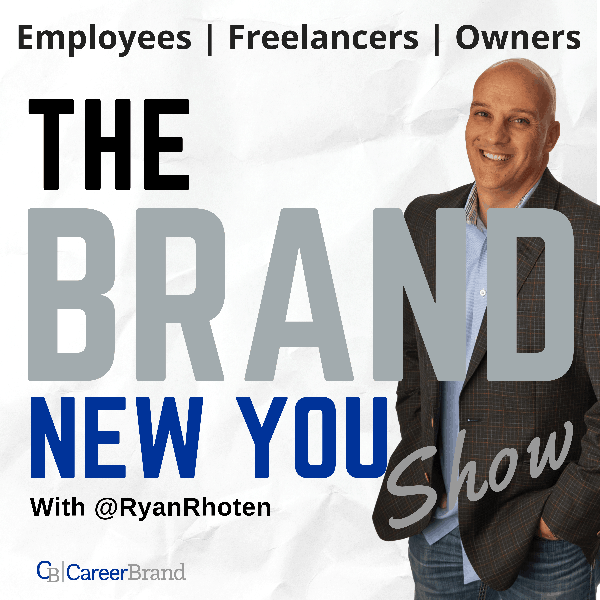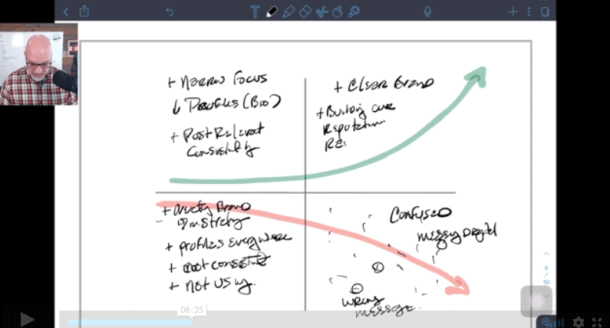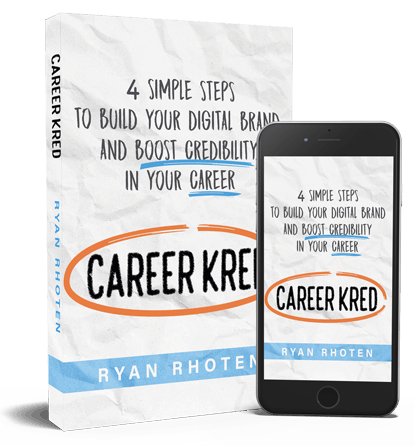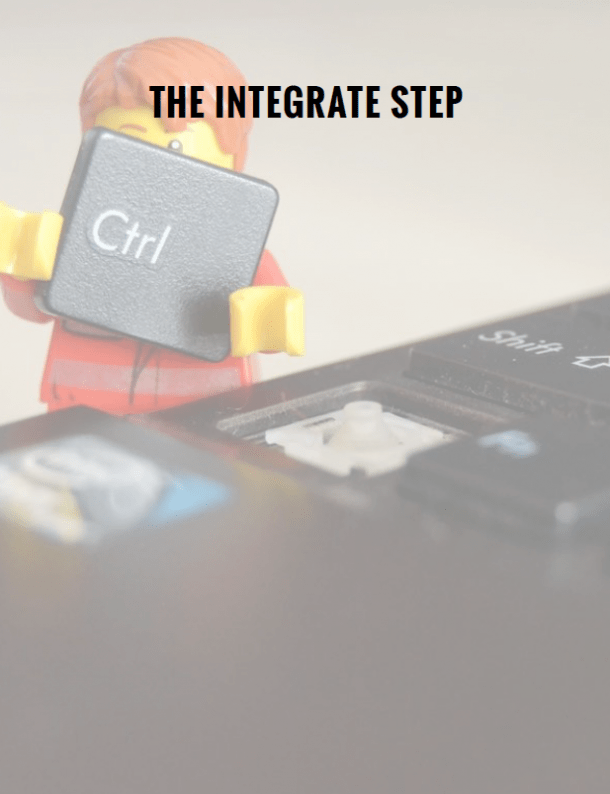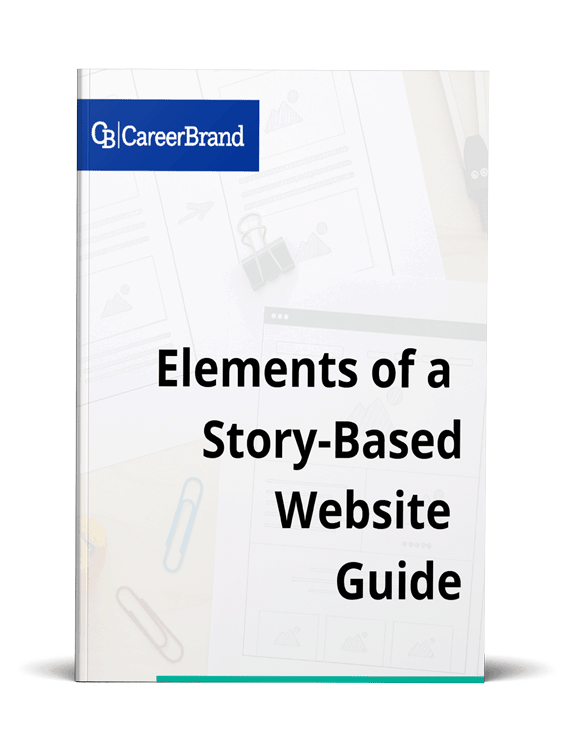This show, along with friend and fellow career coach, Mark Anthony Dyson‘s show, “The Voice of Job Seekers,” was featured as a part of the magazine's focus on personal branding, which I think is pretty cool. Jessica, if you're listening, thank you.
[smart_track_player url=”http://traffic.libsyn.com/thebrandnewyoushow/Season_Two_Introduction.mp3″ title=”Season Two is Here!” artist=”Ryan Rhoten” social_linkedin=”true” ]
Holy cow, where has the time gone? It seems like just last week I was telling you about the end of season one and the new direction for this show. In fact, in that show, I think I specifically mentioned that November would see the launch of season two. Well, I don't need to tell you that I missed that mark, by a lot.
It's not without good reason, and I hope the additional time has allowed you to go back into the archives and listen to some of the amazing guests that have been on this show. “What have I been up to in the meantime,” you might ask? Well, I've written a book. Remember the one that I mentioned in the last show from season one?
Let me tell you, writing a book has been way harder than I thought it would be, and it took a lot longer. I also approached it in a way that was wrong for me. What I mean by that is that I'm a natural planner. This is something I never really realized or could put words to until I started my personal branding journey, but really the symptoms had always been there. I just didn't have the words to describe them and therefore no means to be able to embrace this natural talent.
I knew intuitively that if I was going to do my best work, I needed to see how all of the pieces were going to fit together before I could start. Unfortunately, that's not what I did. Anyway, my initial plan was basically just to piece together a series of blog posts and update them and release them in a book format. I went this route because well, here's the thing, there's a lot of people out there who will tell you that you can write and launch a book in 30 days just by stringing together a series of blog posts. I wondered if that was even possible.
The short answer is yes, it is possible and I actually know people who've done that. It works well for them, but it did not work well at all for me. It's like becoming self-aware, which I talk about a lot in the book by the way. What works for me may not work for you and vice verse, and that's okay. You just need to try maybe a different route. In hindsight, if I could've laid out all the blog posts in a tool, I don't know, say like Trello where it's very visual and I could see how all the pieces would fit together, that method might've been a lot more successful for me.
Instead, I just dumped all the posts together in what became really a seemingly endless stream of words that I really no longer even recognized as words that I had written. After about a month, I deleted the entire book, and I started over.
After regrouping, I created an outline, which I should've done to begin with, but as I said, I was really anxious. I just wanted to get started, and I really, really wanted to get the book done and into your hands as quickly as I could. I will say that after creating an outline for the book, the writing went much, much smoother for me. Lesson learned for any future books that I happen to write. All that said, I'm happy to say that as of now, the book is complete. Final files in MOBI and EPUB are being created.
The book CareerKred will officially launch on April 10th, just four days from now!
Mark your calendar because on launch day, you're going to be able to get the Kindle version of the book at a very special launch day price. If you do pick up a copy, I would certainly appreciate it if you could review it on Amazon, and just like I've asked for on this show, a five-star rating and review, wink wink, would be of course much appreciated.
For those wondering, the title of the book is “CareerKred: Four Simple Steps to Building Your Digital Brand and Boosting Credibility in Your Career.” You may be wondering, “What the heck is CareerKred?” It sounds like two words you shoved together. Actually, that's exactly what it is.
Two words, career, and credibility that I put together because as I realized over the last 115 shows on this podcast, there was one thing that hit me as I was writing this book. It was a phrase that I heard a number of times, over and over again from guests. That phrase was know, like, and trust. Usually, this phrase is reserved for businesses, and generally, it means that in order for you to buy something from a business, you need to know, like, and trust that business. While I understood that on a high level, I never really thought about it as a career principle until my conversation with Mark Anthony Dyson.
During our show, Mark said the following,
“That's what employment really is. The shift that has happened over the years, kind of going back to your earlier question is, is that we're kind of a task oriented people and society that we were looking to complete just a to-do list instead of looking at the significance of what we contribute. Now that we're looking more about what we can contribute and what we accomplish through that and how that helps the person it makes us consultants now. Then we can look back and see what that really means as far as our impact. That's what consultants do. That's what job seekers, the way they need to think. Not just leave it all out there and then go home for the day is that you're really thinking about can this be better, how can it be better, what will make it better?”
This was a revelation for me because everything we'd been talking about on this show and on the build your own brand episodes of the show led to this one single conclusion.You are a consultant, a business of one.
I just didn't have the words for it, so thank you, Mark, for providing them to me. In that light, if you take a minute and you think of yourself as a business of one, in order for others to do business with you, they need to be able to know, like, and trust you. Follow me here.
As a business of one, as a consultant, you're not looking for a job. Instead, what you're looking for is a contract assignment with a corporation. Clearly, you'd like a long-term contract, most likely with benefits, but at any rate, you're looking for a contract just the same. The way you secure that contract is through doing things like a job search, resume, personal branding, and social media. When corporations, in turn, decide to open up a position and hire someone, what they're really looking to do is solve a particular problem within their company.
As Don Orlando said during our discussion,
“Everybody who has any sort of a job worth calling a job is hired as a problem solver. I need to know which problem you solved, how you did it, what the results were, and what the context was. If I don't see it, I know you're fully qualified for your last job.”
Solving problems usually involves a skill set of some kind, which hopefully you possess. As the company evaluates its need, what it is really doing is determining who they believe can best solve their problem. If that person is you and they determine that they know enough about you, that they like you, and that they trust you enough to solve the problem, well, we all know what happens next.
Along these lines, if you look up the definition of credibility, which you'll find it means being believable and trustworthy. It's difficult for others to believe or trust in you if they don't know you, and certainly not if they don't like you. Are you following me here?
If you really think about it, credibility has always existed in all of our careers. It's what has determined the opportunities that have come our way and the ones that pass us by. It's how we're able to change jobs, change roles, and change companies. It's the combination of our skills, our traits, and how they play out to make us appear to be believable and trustworthy to others.
Something else to think about, not long ago in our career, credibility was limited to the four walls of the company in which you are contracted with. If you didn't know anyone directly outside of your company, well guess what? No one knew about your skills or your capability. They didn't know you. Unless of course, you sent them maybe a resume.
Today, however, by using the tools that are available to us, we all have the ability to become known, liked, and trusted, and not just locally within our four walls, but now we can take our career credibility globally. This is the premise behind the book “CareerKred.” The book will teach you how to leverage your brand in a digital-first world. It will teach you how to become known, liked, and trusted by people you don't yet know. It will help you set up yourself as a business of one. Now you know the rest of the story.
If this concept of CareerKred resonates with you, then I humbly ask you to mark your calendars for April 10th. Head on over to Amazon, pick up a copy, and get started building your career cred. Oh, and don't forget to leave the rating and review I mentioned earlier. If enough of you do this on Monday, maybe we can hit the bestseller list on Amazon together.
